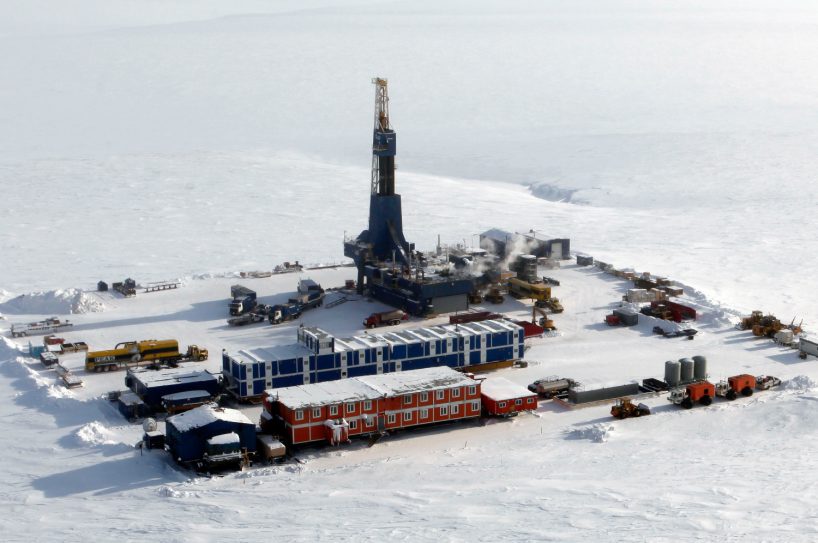Energy producers Santos, Repsol explore sale of stakes in Alaska
Oil and gas producers Santos and Repsol are exploring a sale of a minority stake in oilfields in Alaska they jointly own and develop in a deal that could be worth about $1 billion

Oil and gas producers Santos and Repsol are exploring a sale of a minority stake in oilfields in Alaska they jointly own and develop in a deal that could be worth about $1 billion, according to people familiar with the matter.
The oilfields include the Pikka project, which is one of the largest oil prospects in Alaska and has been valued at about $4.5 billion by consultancy firm Rystad Energy.
The companies are working with an investment bank to jointly sell minority stakes in Pikka, alongside partial interests in the Horseshoe and Quokka fields that are located in the North Slope region of Alaska, the sources said, requesting anonymity as the discussions are confidential.
Repsol declined to comment. Santos did not immediately respond to a request for comment.
The stakes are so-called non-op positions, meaning the owner gets a share of the proceeds from the sale of hydrocarbons without needing to undertake any drilling or be involved in operations. They are required to contribute to their share of costs.
Potential buyer interest will likely be impacted by factors including legal and environmental risks, the sources said, cautioning a deal is not guaranteed.
There are outstanding legal actions related to access to roads in an oilfield neighboring Pikka that is owned by a unit of ConocoPhillips, the largest operator in the North Slope.
North Slope projects have also faced heavy opposition from indigenous residents and conservation groups, who sought to block Conoco's Willow project without success.
Conoco had previously held talks to buy a 15% stake in Pikka when it was controlled by Oil Search, an Australian energy firm that was acquired by Santos for $6 billion in 2021.
Those initial talks ended because Oil Search refused to give up its operator rights. It is not clear if Conoco would be interested in the stakes in the Alaska oilfields that are currently for sale.
Conoco declined to comment.
The Pikka project initially struggled to get off the ground, due to the technical challenges of operating in Alaska and was eventually greenlit in 2022. Santos said last month that it remained on track to get the field under production in 2026.